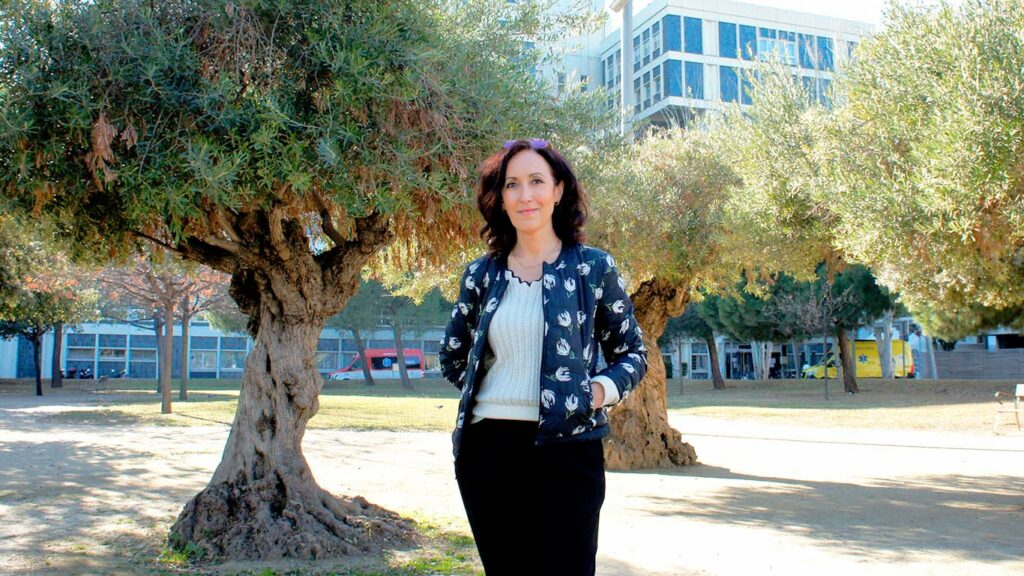The SARS-CoV-2 virus infection and the development of the COVID-19 disease have been a serious health, social and economic problem in the last two years. The massive implementation of vaccines has allowed a certain recovery of normality, but there are still many unanswered questions. One of the puzzles of infection with the virus has been the remarkable resilience of children to exhibit severe COVID-19. However, a small percentage of the pediatric population affected by the virus experienced a serious health condition called Multisystem Inflammatory Syndrome in Children (MIS-C), also known as pediatric inflammatory multisystem syndrome (PIMS), that require admission to intensive care unit (ICU) in around 60% of cases.
In MIS-C, different parts of the body can become inflamed, including the heart, lungs, kidneys, brain, skin, eyes, or gastrointestinal organs. The factors associated with the appearance of MIS-C beyond the presence of the virus are unknown.
In an article recently published in the journal EClinicalMedicine, Dr. Aurora Pujol, from IDIBELL, CIBERER and ICREA Profesor, and Dr. Manel Esteller, from the Josep Carreras Leukemia Research Institute (IJC), demonstrates that there are epigenetic changes linked to the triggering of MIS-C, at least in the studied cohort population.
The results of the study, signed by Dr. Verónica Dávalos and Carlos A. García-Prieto as first authors, showed that specific genes were affected in patients, such as those associated with the activation of T lymphocytes, natural killer cells, the recognition of antigens and coagulation. This pattern of epigenetic deregulation was also observed in Kawasaki Syndrome, another inflammatory disease that peaked in 2009 and possibly linked to infection with the influenza virus A H1N1.
Interestingly, two of the 33 DNA methylation events that define the signature are also characteristic of adults without comorbidities who develop severe COVID-19 disease, as previously defined in the EPICOVID signature found by the same team last year. This fact confirms that both processes, MIS-C in children and severe acute respiratory distress syndrome in adults, are inflammatory post-infectious complications and could be treated in a different way than the initial phase of the viral infection. On this regard, researchers hypothesize that pharmacological inhibition of the CUL2 gene, a mediator of inflammation, could be useful for MIS-C patients since it is known to protect against hyperinflammatory responses.
This is an unusual feature and Dr. Pujol notes that “It is interesting to see that two disorders that exhibit similar clinical manifestations, MIS-C and Kawasaki, also share a common epigenetic signature, which is different to the epigenetic signature caused by other viruses including HIV”. In the same line, Dr. Esteller concludes that “it seems that in both syndromes, MIS-C and Kawasaki, there is an exaggerated reaction of the children’s immune system against a viral attack. Knowing the mechanisms triggering both diseases will give us better tools to diagnose and treat them”.
The Bellvitge Biomedical Research Institute (IDIBELL) is a biomedical research center created in 2004. It is participated by the Bellvitge University Hospital and the Viladecans Hospital of the Catalan Institute of Health, the Catalan Institute of Oncology, the University of Barcelona and the City Council of L’Hospitalet de Llobregat.
IDIBELL is a member of the Campus of International Excellence of the University of Barcelona HUBc and is part of the CERCA institution of the Generalitat de Catalunya. In 2009 it became one of the first five Spanish research centers accredited as a health research institute by the Carlos III Health Institute. In addition, it is part of the “HR Excellence in Research” program of the European Union and is a member of EATRIS and REGIC. Since 2018, IDIBELL has been an Accredited Center of the AECC Scientific Foundation (FCAECC).

